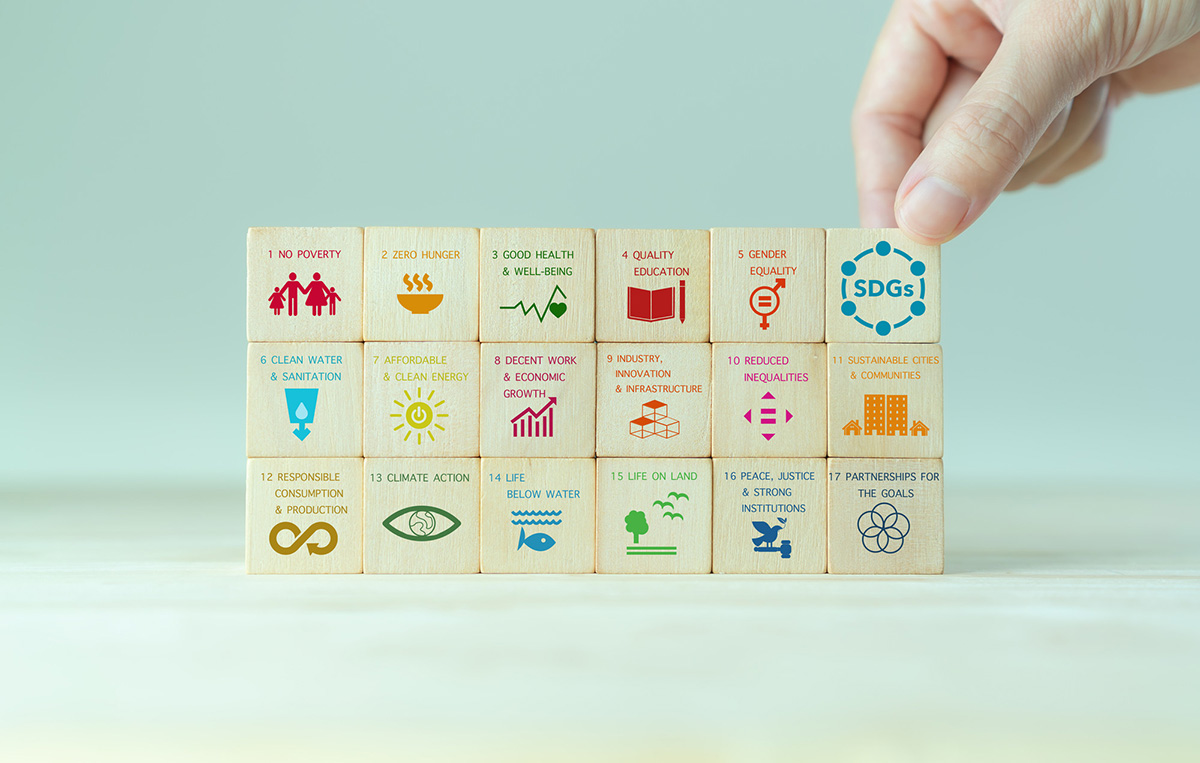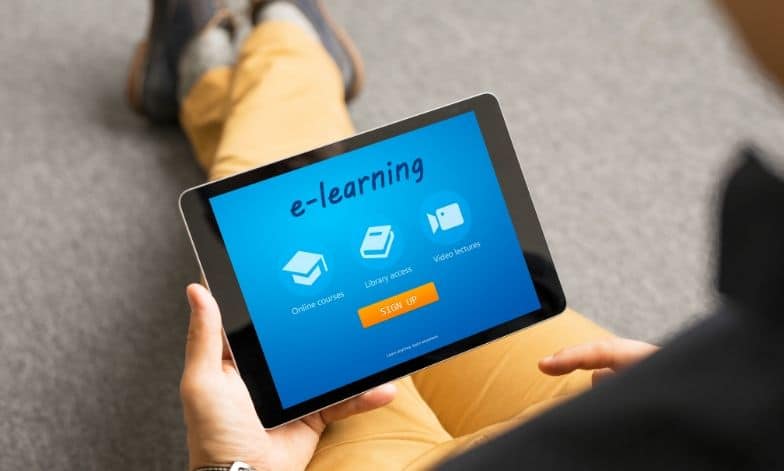UNIVERSITY PARK, Pa. — Energized by a vision of developing English language proficiency in tandem with sustainable social, economic, environmental and cultural practices and perspectives, faculty at Penn State’s Intensive English Communication Program (IECP) converted their core curriculum to focus on the United Nations’ Sustainable Development Goals (UN SDGs).
The IECP, which offers courses in academic English to prepare international students for the expectations of undergraduate and graduate studies at U.S. universities, is housed in the Department of Applied Linguistics in the College of the Liberal Arts. During spring and fall 2022, the IECP transformed its mission statement, curriculum, assessment practices and materials. Inspired by decolonial approaches to language pedagogy, the team initiated the program-level transformation as a means to promote engagement and sustainable development initiatives within the local and global community.
One essential component of this programmatic transformation was the adoption of exclusively open educational resources (OER) as opposed to commercial textbooks and materials for all core courses. The core courses are a group of eight courses focused on either speaking and listening or reading and writing for international students in higher education.
The adoption of OER was supported by Penn State OER librarians Christina Riehman-Murphy and Bryan McGeary.
“IECP’s commitment to revising their entire curriculum to simultaneously be about the UN SDGs and to enact SDG 4 (ensure inclusive and equitable quality education and promote lifelong learning opportunities for all) through their use of OER is completely inspiring,” said Riehman-Murphy. “They are modeling the kind of innovation that happens when teams combine their unique expertise with global approaches that meet the needs of their diverse students.”
Adopting OER has allowed faculty and students to consider diverse perspectives and to co-construct knowledge related to the UN SDGs. The integration of UN SDGs supported by OER has enabled the program to move away from discrete — and sometimes disconnected — language assessments toward more collaborative, action-oriented and project-based “capstone” projects.
Reflecting on how the new mission statement and theme-based SDG curriculum has impacted IECP classes, Nikki Mattson, a teaching professor in the IECP, said, “It is really energizing to see students developing and articulating their own stances on important local, national and international issues while they are learning English at Penn State. I love to learn more about the world through the narratives that students share about their experiences with the SDGs in their various hometowns and countries. I think our language program has become more creative, vibrant and consequential as a result of the recent changes.”
Likewise, students have immersed themselves in discovery and creation in their SDG-focused language classes. Many have volunteered to share their inspiring work on the IECP Sustainability Site. One student from Kuwait collaborated on a research project and group video presentation about representation and inclusion in media. Through his participation in the project, he realized the importance of seeing representations of diverse characters, cultures and identities in media.
“Seeing diverse characters is really empowering,” he wrote, “and I hope to see more progress in the future.” He added that “we should all tell our families about the importance of watching shows with diverse characters so they can watch them, too.”
Credit:Source link



